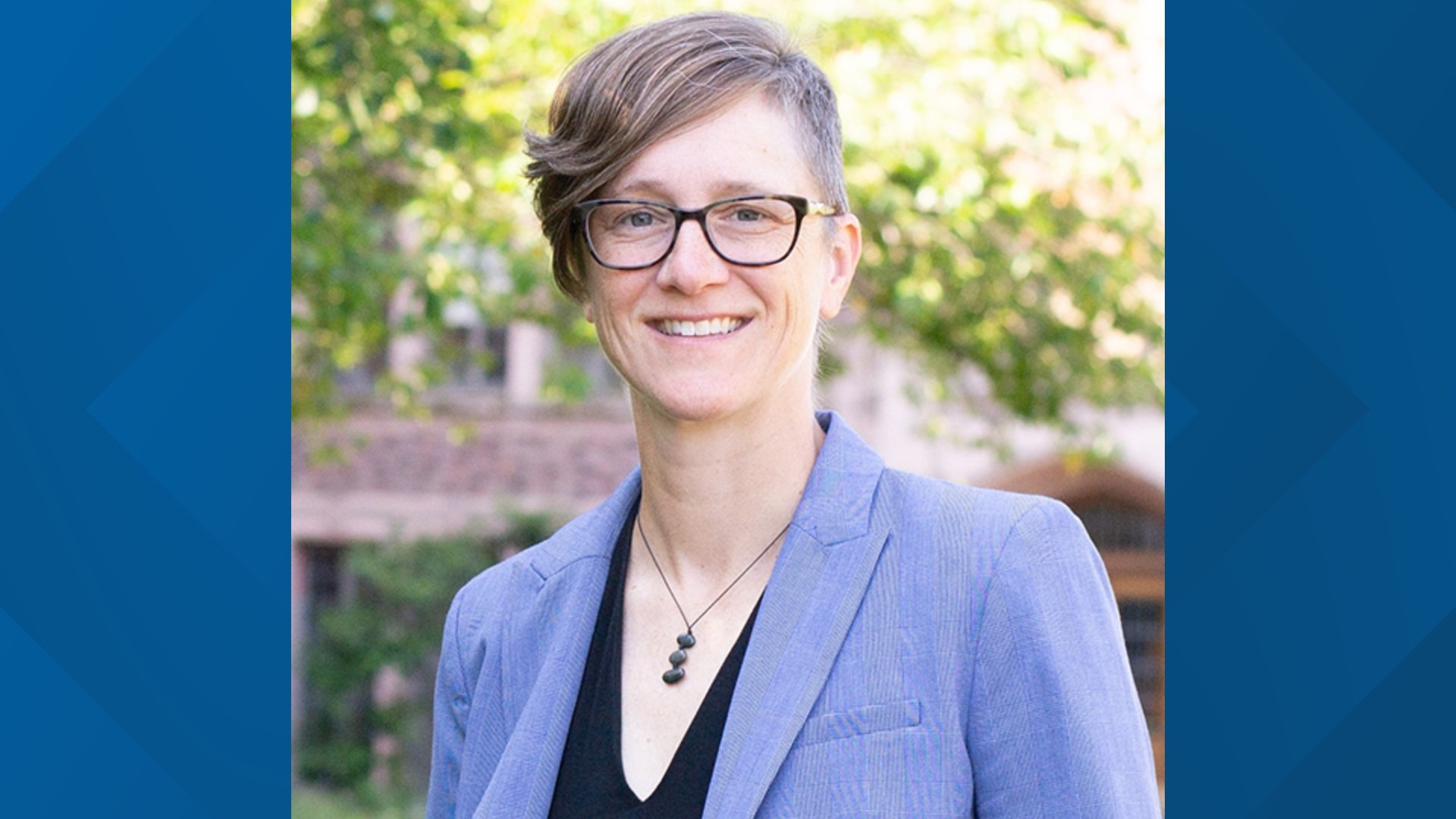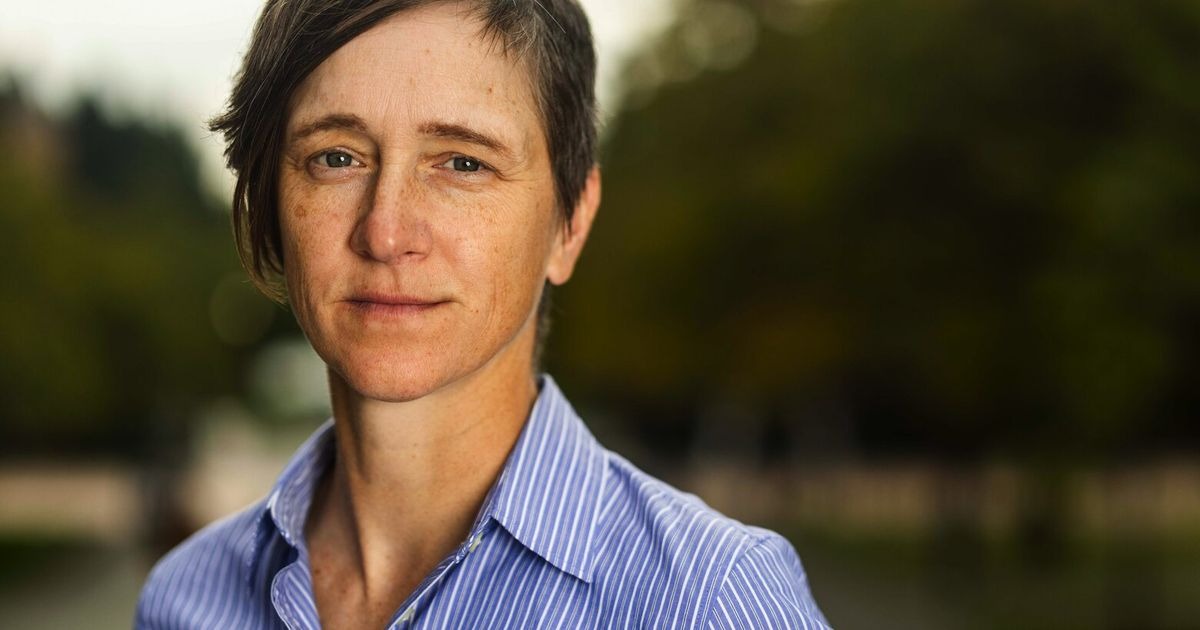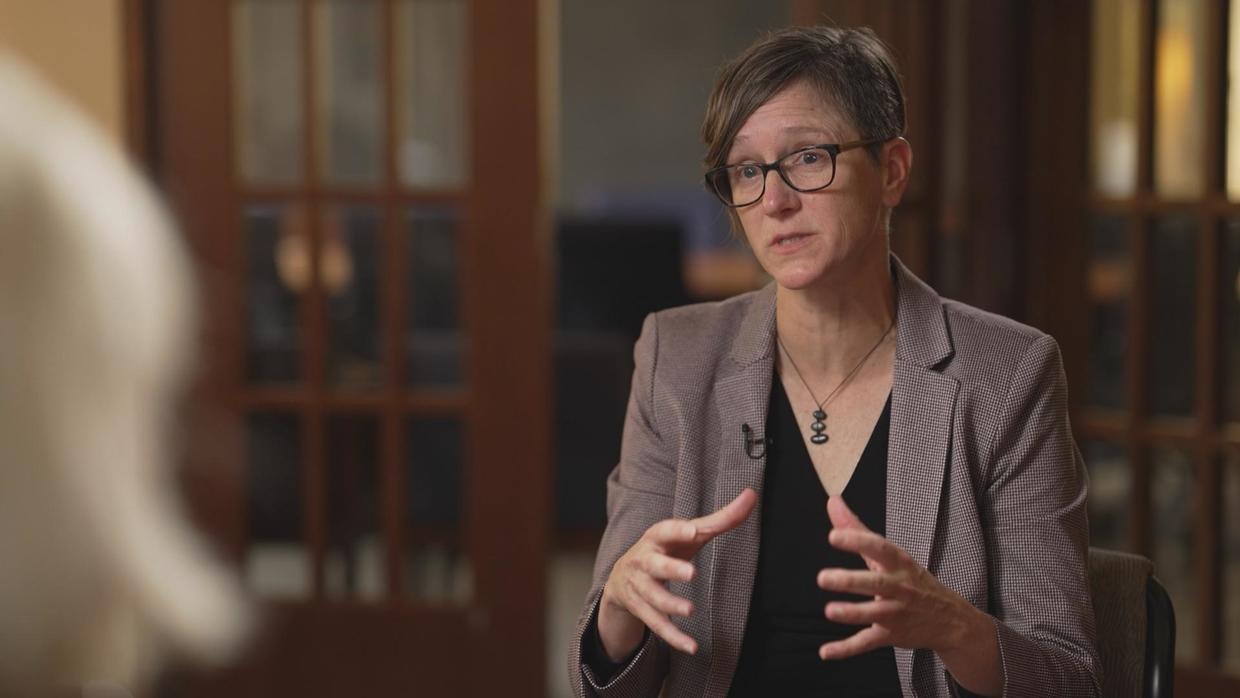The National Press Club Journalism Institute, a charity arm of the National Press Club in Washington, D.C., is facing controversy for its decision to host a webinar featuring University of Washington professor Kate Starbird, a researcher known for her work on “misinformation.”
Starbird has reportedly come under fire for her involvement in initiatives that targeted conservative content on social media platforms leading up to the 2020 election.
According to a report by the Washington Examiner, Starbird is scheduled to participate in an April 24 webinar focused on “successful efforts by organizations to grow news and information literacy and to help the public fact-check the information it interacts with.”

HCDE Professor Kate Starbird (Credits: King 5 News)
Starbird’s role in the Election Integrity Partnership, which collaborated with various government agencies to flag “misinformation” reports on platforms like Facebook, Twitter, and YouTube, has drawn criticism, particularly from conservative circles.
Newsmax host Rob Carson criticized Starbird’s actions, accusing her of undermining the principles of the First Amendment and a free press. He characterized her as a “government apparatchik” who determines what constitutes “misinformation” and facilitates censorship.
Beth Francesco, the Executive Director of the National Press Club Journalism Institute, declined to comment on whether Starbird would be questioned about her involvement with the Election Integrity Partnership or her role in a now-dissolved committee under the Department of Homeland Security’s Cybersecurity and Infrastructure Security Agency, which GOP lawmakers have accused of facilitating censorship.

Kate Starbird (Credits: The Seattle Times)
Michael Grass, a University of Washington’s Center for an Informed Public spokesman, defended Starbird’s expertise in online rumors and disinformation campaigns. She is often invited to share insights with various groups.
Critics, including Mike Howell of the Heritage Foundation, have expressed frustration with Starbird and researchers like her, alleging that they unfairly target conservatives and Democrats who diverge from mainstream narratives. H
owell characterized these efforts as part of the “Censorship Industrial Complex,” which includes governments, think tanks, media, and academia, all allegedly involved in trading fake legitimacy.























